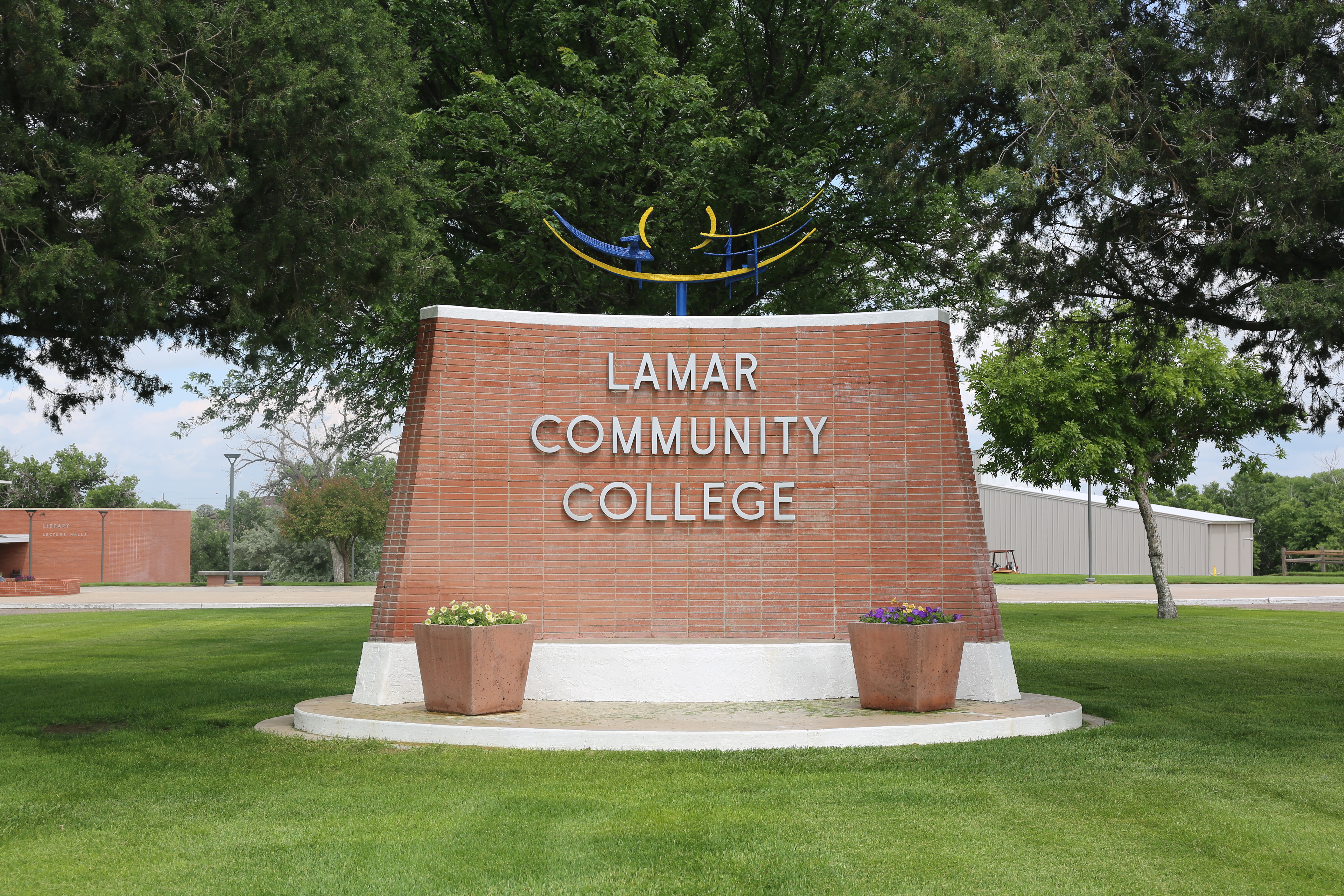Responding to an urgent need for more behavioral health professionals, the Colorado Community College System (CCCS) will begin designing a new stackable training pathway thanks to legislation signed by Governor Polis today.
We are grateful for this substantial investment, which will allow CCCS to enhance and build a comprehensive educational pathway that leads to dozens of jobs in the field.
Senate Bill 22-181, sponsored by Senators Jeff Bridges and Cleave Simpson and Representatives Lisa Cutter and Tonya Van Beber, allocates $15 million to CCCS on a statewide behavioral health training program. The Department of Higher Education was also allocated more than $2 million to partner with institutions across the state to expand recruitment and outreach to aspiring professionals.
“This legislation aligns with our mission to provide accessible, affordable, and transformative workforce training opportunities for students who need it most,” said Michael Macklin, associate vice chancellor for academic affairs and workforce development. “We are grateful for this substantial investment, which will allow CCCS to enhance and build a comprehensive educational pathway that acknowledges the interdisciplinary nature of behavioral health and leads to dozens of jobs in the field.”
Colorado has a dire need for more skilled workers in behavioral health, which includes professionals who support mental health and substance use treatment. Colorado ranks in the bottom half of states in access to care and has one of the highest suicide rates in the nation. Deaths from drug overdose also reached an all-time high in 2020, according to the Colorado Department of Public Health and Environment.
CCCS will build a “stackable” program that links the state’s Career and Technical Education (CTE) programs, available in Colorado high schools, with certificate and degree programs offered at CCCS’s 13 community colleges. After students complete foundational training, they can enter the workforce as behavioral health technicians and/or pursue higher-level credentials at their own pace, leading to jobs as certified addiction counselors and other in-demand positions.
Better training and alignment between law enforcement and behavioral health programs in our colleges will help build more supports to ensure Coloradans thrive.
This program also dovetails with efforts to update community colleges’ law enforcement academy curriculum, noted Sarah Heath, who oversees the state’s CTE programs as CCCS’s associate vice chancellor for academic affairs. Many Coloradans who are involved with the criminal justice system have behavioral health needs and could benefit from a trauma-informed approach, she said.
“Statistics show that two in five people who are incarcerated would have benefited from stronger and earlier behavioral health services and wraparound supports. This is even more staggering for youth: 70% of those in the juvenile justice system have a diagnosable behavioral health condition,” she said. “Better training and alignment between these two programs in our colleges will help build more supports to ensure Coloradans thrive.”
CCCS will begin designing the pathway this summer and roll out the program in 2024. For updates, check the CCCS blog.


